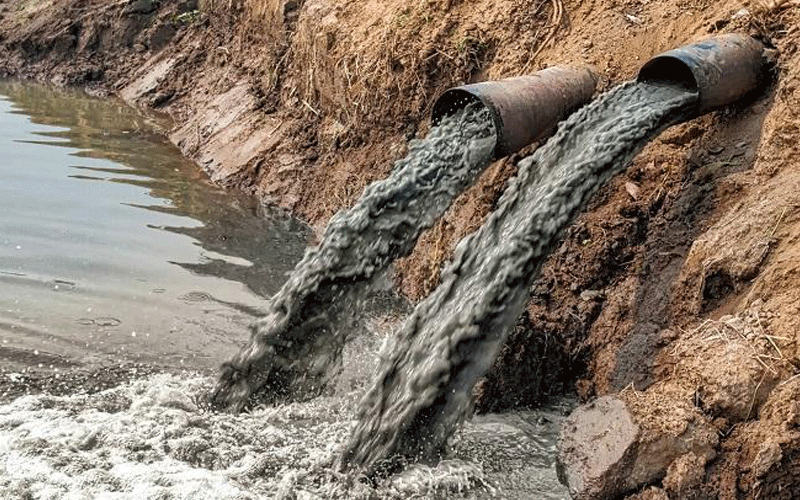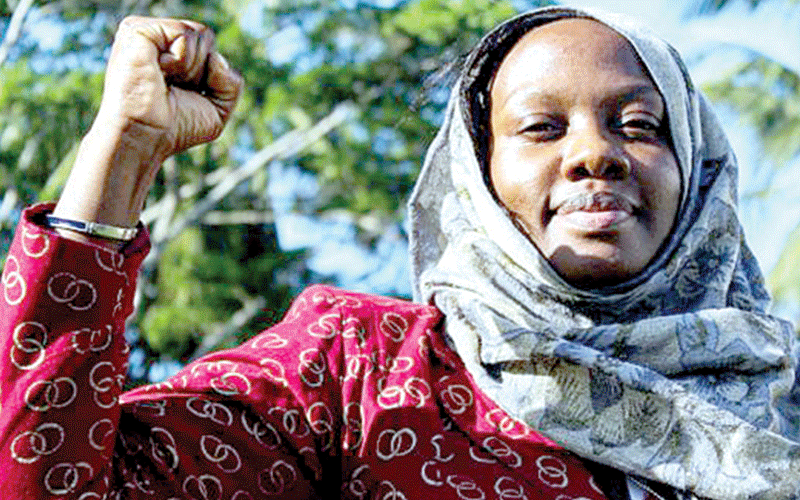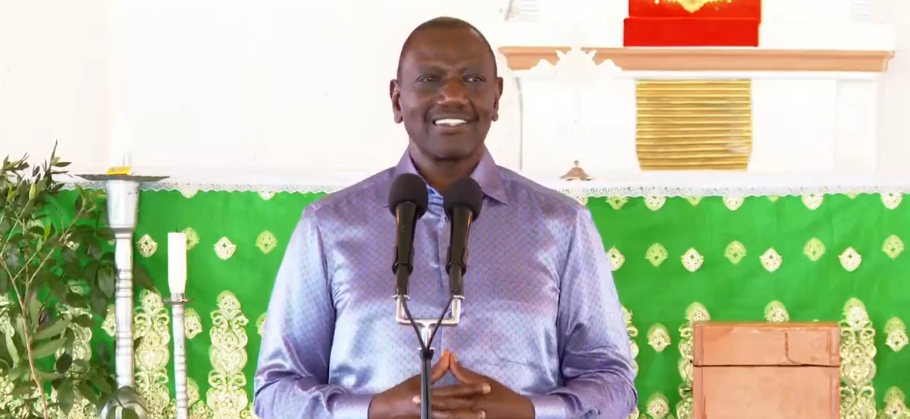Justice Omollo’s ruling on pollution well-timed

JOSEPH BARASA
Justice Anne Omollo of Mombasa Environment Court made a historic landmark ruling that should be sending shockwaves to industries that pollute the environment.
The ruling comes at a time pressure is mounting on industries that have, for ages, continued to pollute air and water with devastating consequences to humanity, livestock, wildlife and general environment, and getting away with it.
In her ruling on July 16, 2020, Justice Omollo ordered the government and two private investors to pay Sh1.3 billion to residents of Owino Uhuru slums, adversely affected by lead-loaded waste poisoning.
The judge also ordered state agencies responsible for the environment to clean up any remaining lead deposits at the multi-billion shillings metal refinery factory in Changamwe, Mombasa County.
The court also ordered the Environment and Health Ministries, together with the National Environmental Management Authority (Nema), to develop and implement regulations adopted from best practices from across the world regarding lead and alloy manufacturing plants, failure to which they are liable to pay Sh700 million in penalties.
This judgment has never been made in any court in the country, despite the rising number of Kenyans suffering and dying due to environmental pollution.
It should open Pandora’s boxes of litigation against firms blatantly polluting the environment in utter disregard of the existing laws.
Most of such firms are in Nairobi, which boasts of the highest number of industrial processing plants without mandatory industrial waste treatment, calling into question why Nema has not been executing its legal mandate.
Apart from the Changamwe Metal processing factory, fingers have been pointed at a shoe manufacturing company in Limuru, the moribund Webuye based Pan Paper Mills, several sugar milling factories in Western and Nyanza regions, over pollution.
Environment pollution has taken a new dimension in the wake Covid-19 that has left over 600, 000 dead globally.
Scientists have attributed most deaths resulting from the virus to existing medical conditions, particularly non-communicable diseases, some that may have resulted from environmental pollution.
Nairobi and Mombasa remain the major hotspots of the virus and the resultant deaths, bringing into question whether the high number of industries polluting the environment in the two cities may have played any role.
There is no question that Nairobi and Mombasa host industries and business entities that are blatantly polluting the environment.
A most recent example in Nairobi is a multi-billion shillings organisation that has been accused of polluting the environment, causing devastating effects to the residents of Nairobi and neighbouring Machakos county. Two major manufacturing firms have been at war over the pollution.
The standoff pitting London Distillers of Kenya (LDK) and Erdemann Property Limited is yet to be settled.
The developer is still locked in a legal war with LDK and Edmor Steel Mills over accusations the latter two are polluting the environment.
The fights between the two firms in court corridors have attracted street demonstrations over the years, yet no solution has been found.
That is despite that tests conducted by Nema and Kenya National Bureau of Standards have explicitly established that LDK and Edmor Steel Mills are contravening laid down industrial waste or effluent disposal requirements.
Ironically, all law enforcement agencies, political leaders and lobby groups have taken a by-stander role as residents in the affected estates continue to bear the brunt of pollution.
Following Justice Omollo’s landmark judgment, it is imperative all government agencies rise up to play their role in controlling environmental pollution.
Why should entities be allowed to contravene existing protocols? How many Kenyans have been infected, died or remain exposed to the risks posed by these firms? — The writer is a journalist and a media consultant












